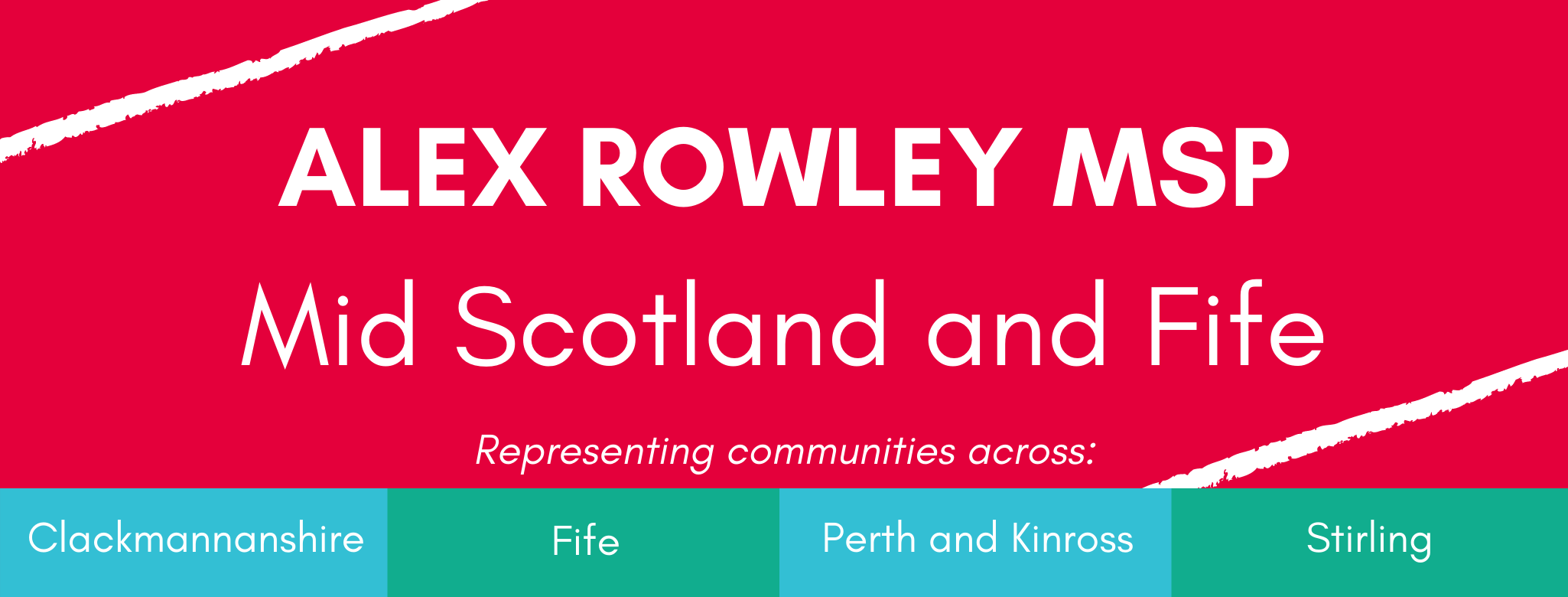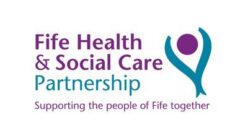There has been much reporting in the news of the closure of the Dunfermline Queen Margaret hospice with NHS Fife moving to a new model of palliative care.
I have been doing work around palliative care provision for an ongoing period – particularly in relation to my work on the Scottish Parliament Covid-19 Recovery Committee. Below is a timeline of recent work I have undertaken on the issue. I will continue to monitor the situation and undertake action where necessary.
Timeline
- 10th March 2022 – Peter Hastie (Policy and Public Affairs Manager, Scotland, Macmillan) gave evidence to the Covid-19 Recovery Committee querying that there is no current palliative and end-of-life care strategy in Scotland, the previous one ended 14 months ago. The evidence session can be read here: https://www.parliament.scot/chamber-and-committees/official-report/search-what-was-said-in-parliament/CVDR-10-03-2022?meeting=13637
- 16th March 2022 – I wrote to the CEO of NHS Fife about levels of care, support and reduced occupancy.
- 17th March 2022 – I asked Humza Yousaf MSP (at the time Cabinet Secretary for Health) at the Covid-19 Recovery Committee about the 86.3% drop in occupied palliative care beds in Fife, from 20 to just 9 out of an available 22 beds. Mr Yousaf confirmed that he would make contact with NHS Fife and also confirmed that the Scottish Governmet have committed to produce a new palliative care and end of life care strategy.
- 16th May 2022 – I wrote again to NHS Fife CEO as no response was received to my initial correspondance.
- 20th May 2022 – Response from CEO of NHS Fife, sumarising that the pandemic reduced demand for in-patent care, there has been a move to 7–day clinical specialist outreach model supporting up to 60 patients in both home and community setting. Still 17 beds available. A review is planned.
- 5th May 2023 – NHS Fife sends future proposals document on palliative care in Fife.
- 19th May 2023 – NHS Fife sends special elected members update on palliative care in Fife.
A summary of the evidence provided by NHS Fife for the new paliative care model is provided below:
Data
• Waiting times for a hospice bed have reduced from around 3.4 days to 1.4 days.
• More than three times as many patients can be cared for by the specialist multidisciplinary team than under the previous model.
• Many patients are being admitted to the hospice on the day of referral.
• Approximately 4,000 people in Fife die each year, most of whom require palliative care.
• Prior to 2020, around 4% of deaths in Fife occurred in an inpatient hospice yet our hospices accounted for around 80% of the total palliative care resources.
• Hospice can admit patients 7 days a week.
• 3,297 fewer days in hospital for those in the last 100 days of life (35% reduction) and 1,293 fewer days in their last 30 days (30% reduction).
• The service is not only supporting more patients overall. They are also able to care for an increased number of people with a non-cancer diagnoses – increased from 9% to 30% of their active case load.
• The Single Point of Access (SPOA) Professional to Professional Helpline is available 7 days per week and receives calls for between 150 and 200 new patients per month.
• High level of satisfaction from GPs and District Nurses who contact SPOA for advice and planning.
• A 42% increase in “own home” deaths for patients supported by the Fife Specialist Palliative Care service.
• Reduced admissions to acute hospital for patients in the last weeks of life.
• A reduction in emergency ambulance use for people in their last weeks of life.
• Easier for loved ones to be there for patients, in a place that is meaningful to them.
• Where palliative and end of life care at home is not an option, inpatient palliative care is available across Fife in five community hospitals.
Under the previous model of care a maximum of 19 patients could be cared for at any time across two hospice units – the purpose-built Victoria Hospice within the grounds of the Victoria Hospital in Kirkcaldy and a hospice ward within Queen Margaret Hospital. The establishment of the community outreach team enables as many as 60 patients at any time, from all areas of Fife to access specialist, multidisciplinary care, and support 7 days a week. Hospice is now required for far fewer people, but is more accessible than ever. The changes are not driven in any way by resource and the service’s budget has not been affected.
There have been no cuts or changes to the service’s resources, with all changes being undertaken to extend and enhance palliative and end-of-life care for the people of Fife.
The development and the delivery of the model has been and continues to be both clinically-led and informed by patient and family experience. The consensus amongst the clinical team delivering specialist palliative care and their generalist palliative care colleagues, is that the current model of care offers significantly enhanced care, 7 days week, to many more people in Fife.





